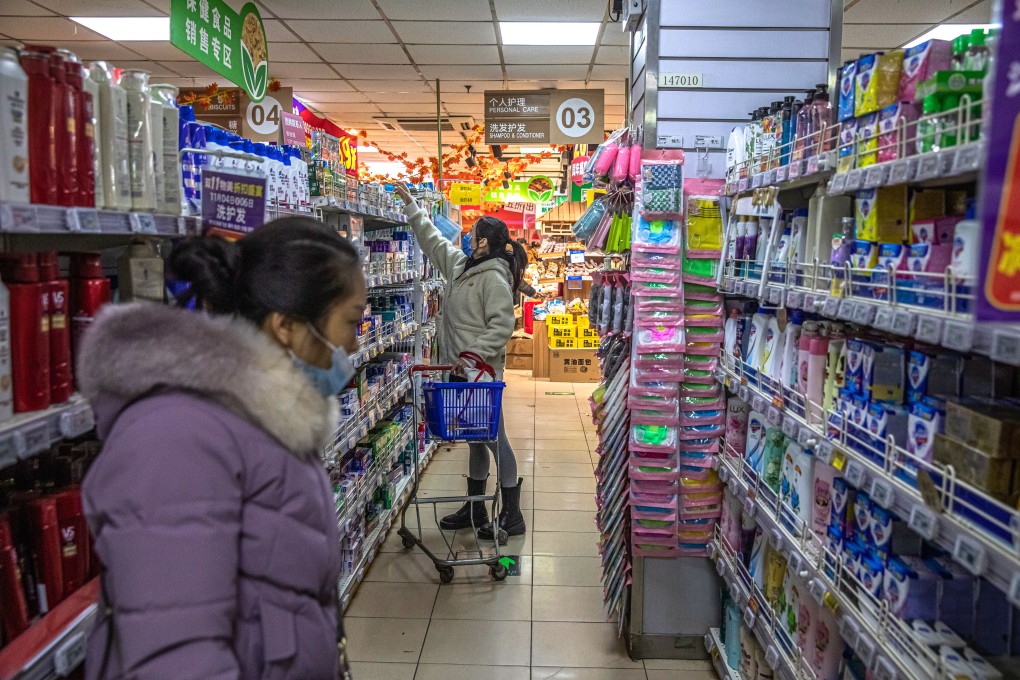As China’s consumer inflation rate hits 11-year low, economists warn of possible deflation in coming months
- Analysts expect the headline consumer inflation rate to turn negative in November and possibly stay there into 2021
- But signs point to a drop in pork prices being the main culprit in dragging down the consumer price index to an annual rate of just 0.5 per cent in October, year on year

The larger-than-expected deceleration in the Chinese consumer inflation rate to an 11-year low in October has prompted some economists to warn of a possible risk of deflation in the world’s second-largest economy.
Other economists, however, say the risk is remote because most of the downward price pressure is being caused by a continued drop in pork prices as the nation’s pig population is replenished following the devastation caused by African swine fever, which was first detected in China in August 2018.
Nevertheless, most analysts expect the headline consumer inflation rate to turn negative in November and possibly stay there for several months.
China’s official consumer price index (CPI) dropped sharply to an annual rate of just 0.5 per cent last month from 1.7 per cent in September, compared with the same period last year, according to data released by the National Bureau of Statistics on Tuesday. The October figure was well below the median expectation of 0.8 per cent in a Bloomberg poll of analysts.
The close-to-zero reading suggested to some that China stands on the brink of falling into a technical deflation – a sustained drop in the general price level of goods and services.
Deflation is seen as a risk to the economy because consumers could tend to postpone purchases in anticipation of further price declines if they wait. This, in turn, can dampen overall economic growth and increase pressure on the central bank to consider injecting more monetary stimulus.